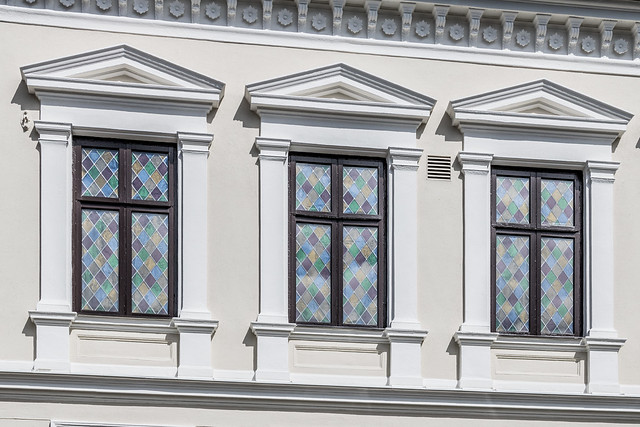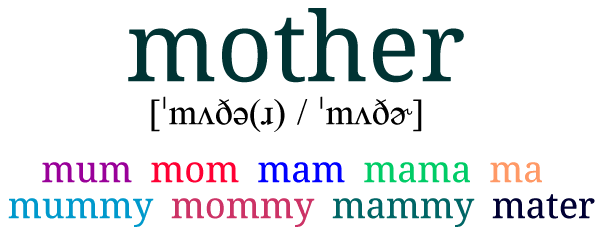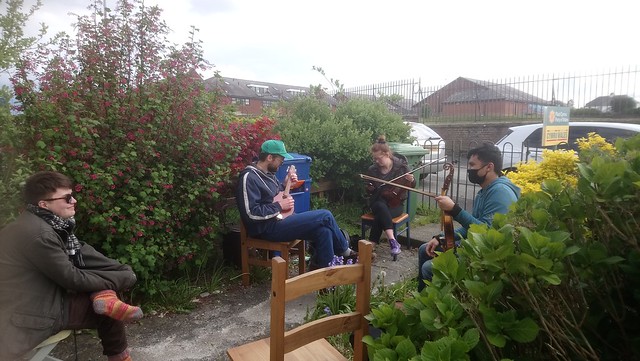Podcast: Play in new window | Download
Today we are looking at the word acme [ˈæk.mi], which is today’s word of the day on Dictionary.com.
Dictionary.com defines it as “the highest point, summit or peak”, and Lexico.com defines it as “the point at which someone or something is best, perfect or most successful”.
It comes from the Ancient Greek word ἀκμή [akˈmi] (point, edge; the highest or culminating point of something, bloom, flower, prime, zenith, especially of a person’s age; the best or most fitting time), from the Proto-Indo-European *h₂eḱ- (sharp) [source].
English words from the same PIE root include: acid, acronym, acute, edge, oxygen and vinegar [source].
To me, acme reminds me of the Roadrunner cartoons, in which Wile E Coyote tries to catch the roadrunner using all sorts of material and equipment from the Acme corporation, none of which seems to work very well.
Here’s a video I made of this information:
Video made with Doodly – an easy-to-use animated video creator [affiliate link].
I also write about etymology on the Omniglot Blog.





